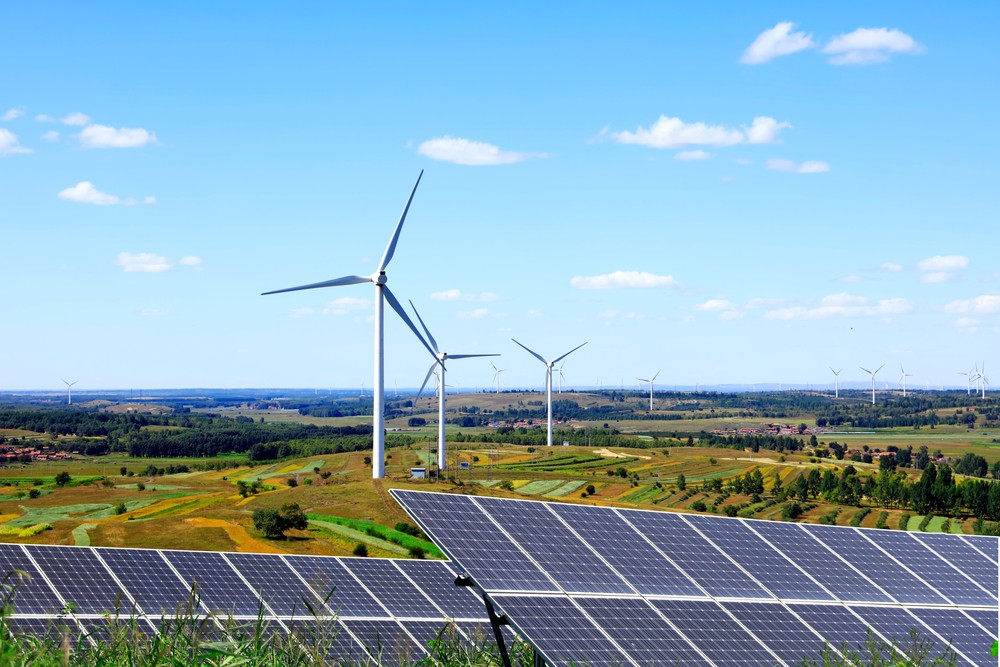A new global report, published by FlexiDAO, has found that businesses may be drastically underestimating their emissions. 42% of respondents in the study that can currently claim to be powered by ‘100% renewable energy’ following today's guidelines from leading environmental reporting standards (GHG Protocol Scope 2 market-based) and leadership programs (RE100, SBTI, etc), are not signing any contracts that can be considered carbon-free following more granular Scope 2 guidelines, which accounts for both the place and time energy is being consumed with more accuracy.
The study found that most respondents (67%) purchasing renewable energy contracts do not have clear oversight of where their electricity comes from. This prevents businesses from accurately tracking their energy supply and measuring their emissions on a location and time-sensitive basis.
Without understanding the origin of consumed electricity, organisations cannot take the necessary actions to drive decarbonisation within their operations and, more importantly, the broader economy. As a result, respondents in the study report 13,000ton CO2 less on average in each country of operation. This discrepancy can threaten companies' ESG ratings in time, potentially posing a significant financial risk.
FlexiDAO, a signatory of the UN 24/7 CFE Compact, has produced The Carbon Reality Behind 100% Renewable Claims report to highlight the gap between reported emissions reductions made by leading organisations following today's guidelines and those that could be achieved by moving to 24/7 Carbon free Energy (CFE) approach.
Organisations risk miscalculating the actual reduction in carbon emissions they are making as most renewable energy contracts are currently underpinned by energy attribute certificates (EACs). In the contractual phase, the majority of corporate electricity purchases use EACs to account for electricity consumption on an annual basis without looking at the actual source of electricity received from the grid or the emissions reductions being made near real-time.
While current accounting metrics have been a highly successful tool for developing a community of corporate buyers contracting renewable energy, technological advances mean businesses can switch to hourly 24/7 CFE now. This means companies are incentivised to increase the amount of local renewable energy they use and match their hourly consumption. FlexiDAO’s technology provides the data and insights companies need to report the scale of emission reductions accurately.
As Scope 2 reporting becomes mandatory for many businesses across the EU and US, adopting 24/7 CFE strategies can protect businesses against potential upcoming changes in carbon regulation and empower them to communicate decarbonization progress with more confidence and transparency, ultimately helping us accelerate towards a clean energy system.
Simone Accornero, CEO, FlexiDAO, said:“We are at a pivotal moment in the clean energy transition. New regulations include energy-related carbon emissions reporting in mandatory non-financial disclosures, while a growing crackdown on greenwashing and misleading corporate claims is underway.
“Now is the time for businesses to change how they measure and report energy use, enabling organisations to prepare for upcoming mandatory carbon reporting while achieving internal climate goals and ultimately become the leaders of a new carbon-free economy."
24/7 CFE is becoming a reality in the market and is being scaled globally. While reports do exist that look at the projected benefits of 24/7 CFE, none provide quantifiable evidence on how organisations are performing on this metric today.
Killian Daly, Executive Director at EnergyTag, said: “This landmark report illustrates how today's lax "100% renewable" standards allow organisations to claim “job done” on paper while remaining fossil fuel reliant in practice.
“It's time to fix things. Luckily the data and tools now exist to create the robust standards that can truly leverage the power of companies to meet the urgent need of delivering decarbonised grids - every hour, everywhere."
Bruce Douglas, Business and Communications Director at Eurelectric, said: “The current gold standard in energy procurement has done a great job in scaling corporate sourcing of renewable energy purchasing so far. This analysis, however, highlights the potential of digitalization in evolving towards data-informed procurement that could go further and faster when it comes to decarbonizing."
The Carbon Reality Behind 100% Renewable Claims report has been conducted by analysing the global procurement practices of 22 companies, 18 of which have either a public SBTi target or are RE100 members. Each company has responded by providing data for some of their countries of operations. This has provided 109 survey responses (one response is one country for one business) about corporate energy procurement across 27 countries, and 4 US states.
FlexiDAO is co-creating the global standard to define how companies source carbon-free electricity whilst providing organisations with the right end-to-end software and advisory solutions to take action.




